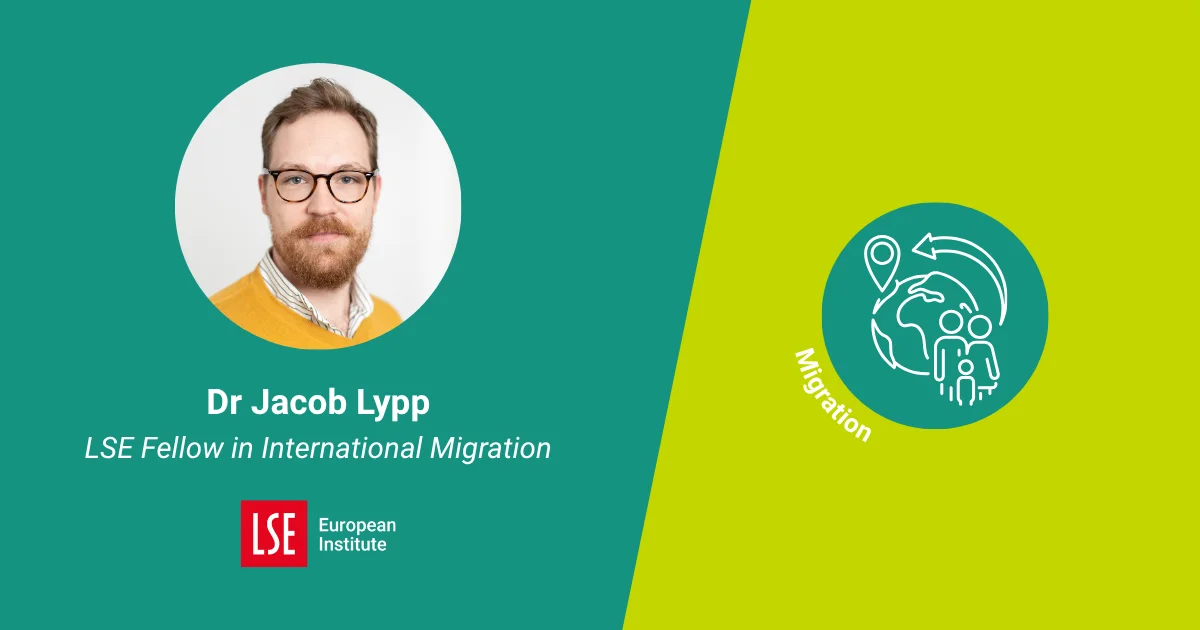Can we overcome the crisis of democracy by teaching people to be better citizens?
Our LSE Fellow in International Migration Dr Jacob Lypp has published a new article, "Rethinking governmentality and citizenship in Germany: The spiritual path of civic education," in The Sociological Review. In this new research, Dr Lypp reflects on civic pedagogies, Foucault and how the focus on self-transformation obscures power relations.

Abstract
"According to a dominant diagnosis, democratic citizenship is in crisis in Europe – a claim that has led to flourishing calls for increased civic education to teach ordinary people the norms of ‘good citizenship’. In this article, I develop a sociological critique of this pedagogisation of citizenship. I do so through an ethnography of the German civic education sector. I outline that, since 1945, a large state-funded civic education agenda has recast German citizenship as a project of spiritual becoming. Relying on pedagogical techniques of intimate self-exploration, affective self-revelation and physical embodiment, civic educators strive to cultivate their students’ ethical personhood. Preoccupied with enabling every citizen to display personal uprightness in the face of threats to democracy, this pedagogy runs on moralising ideals of ethical exemplarity and martyrological self-sacrifice. Theoretically, my analysis advances existing conceptualisations of contemporary European citizenship regimes. If scholars have often understood these regimes as a (Foucauldian) governmentality, crucial questions remain about how this governmentality infiltrates civic subjectivities, and how citizen-subjects agentively embrace this governmentality as authoritative for their own lives. I argue that, by drawing on Michel Foucault’s writings on spirituality and conversion, we can address these lacunae. This not only closes a gap in governmentality studies and the political sociology of citizenship, it also provides a fresh take on fundamental questions of structure and agency in the social sciences – highlighting how people agentively inhabit governing practices that spell their own subjection."
Read the full journal article